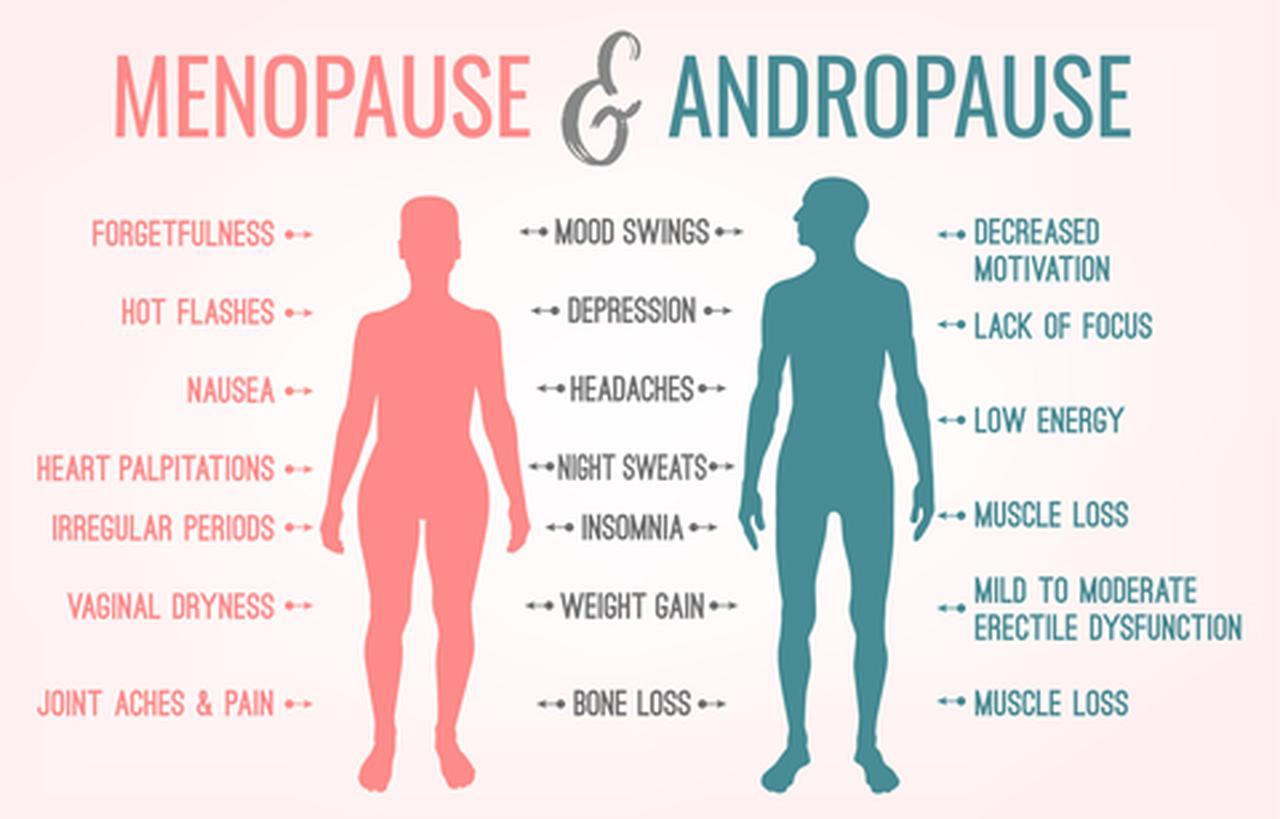Hormone Replacement Therapy
Considering testosterone therapy to help you feel younger and more vigorous as you age? Know the risks before you decide.
As you age, testosterone therapy might sound promising. But there are a lot of misconceptions about what the treatment can and can't do for you.
Testosterone therapy might seem like the ultimate anti-aging formula. Yet the health benefits of testosterone therapy for age-related decline in testosterone aren't clear.
Find out what's known — and not known — about testosterone therapy for normal aging.
What is testosterone?
The influence of testosterone in men
Testosterone is a hormone produced primarily in the testicles. Testosterone helps maintain men's:
- Bone density
- Fat distribution
- Muscle strength and mass
- Facial and body hair
- Red blood cell production
- Sex drive
- Sperm production
Related Topics (ads):
What happens to testosterone levels with age?
Testosterone levels generally peak during adolescence and early adulthood. As you age, your testosterone level gradually declines — typically about 1% a year after age 30 or 40. For older men, it's important to determine if a low testosterone level is due to normal aging or if it is due to a disease (hypogonadism).
Hypogonadism hampers the ability to produce normal amounts of testosterone due to a problem with the testicles or with the pituitary gland that controls the testicles. Testosterone replacement therapy, in the form of injections, pellets, patches or gels, can improve the signs and symptoms of low testosterone in these men.
Does a naturally declining testosterone level cause the signs and symptoms of aging?
Not necessarily. Men can have many signs and symptoms as they age. Some that might occur as a result of lower testosterone levels can include:
- Changes in sexual function. This might include reduced sexual desire, fewer spontaneous erections — such as during sleep — and infertility.
- Physical changes. Various physical changes are possible, including increased body fat, reduced muscle bulk and strength, and decreased bone density. Swollen or tender breasts (gynecomastia) and body hair loss are possible. You might have less energy than you used to.
- Emotional changes. Low testosterone can contribute to a decrease in motivation or self-confidence. You might feel sad or depressed, or have trouble concentrating or remembering things.
Some of these signs and symptoms can be caused by other factors, including medication side effects, obstructive sleep apnea, thyroid problems, diabetes and depression. It's also possible that these conditions cause low testosterone levels, so treatment might result in increase of testosterone levels.
A blood test is used to diagnose a low testosterone level.
Related Topics (ads):
Can testosterone therapy promote youth and vitality?
Testosterone therapy can help reverse the effects of hypogonadism, but it's unclear whether testosterone therapy would benefit older men who are otherwise healthy.
Although some men believe they feel younger and more vigorous if they take testosterone medications, there's little evidence to support the use of testosterone in otherwise healthy men. Guidelines from the American College of Physicians indicate that testosterone therapy might improve sexual function somewhat in some men, but there's little evidence that it improves other functions, such as vitality and energy.
What are the risks of testosterone therapy for normal aging?
Testosterone therapy has various risks, including:
- Worsening sleep apnea — a potentially serious sleep disorder in which breathing repeatedly stops and starts.
- Causing acne or other skin reactions.
- Stimulating noncancerous growth of the prostate (benign prostatic hyperplasia) and growth of existing prostate cancer.
- Enlarging breasts.
- Limiting sperm production or causing testicles to shrink.
- Stimulating too much red blood cell production, which contributes to the increased risk of forming a blood clot. A clot could break loose, travel through your bloodstream and lodge in your lungs, blocking blood flow (pulmonary embolism).
Also, some research shows that testosterone therapy can increase your risk of heart disease. More research is needed.
Should you talk to your doctor about testosterone therapy?
If you wonder whether testosterone therapy might be right for you, talk with your doctor about the risks and benefits. Your doctor will likely measure your testosterone levels at least twice before recommending testosterone therapy.
Treating normal aging with testosterone therapy is not advisable. If you don't have a medical condition that's contributing to your decline in testosterone levels, your doctor might suggest natural ways to boost testosterone, such as losing weight and increasing muscle mass through resistance exercise.
